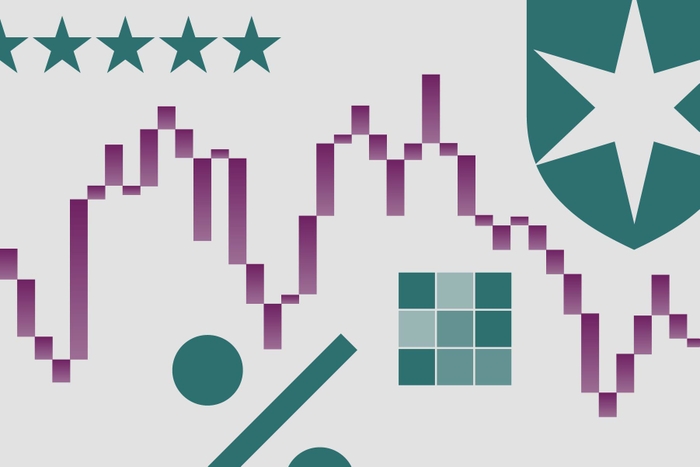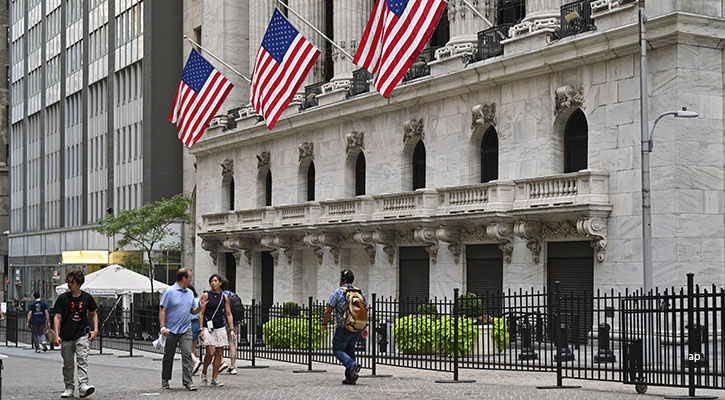In early October, we've released the 2017 edition of the Morningstar Global Fund Investor Experience report, our bi-annual study first launched in 2009 to encourage a dialogue about global best practices for mutual funds from the perspective of fund shareholders.
The report covers 25 countries across North America, Europe, Asia, and Africa, examines the treatment of mutual fund investors from multiple viewpoint within these four categories: Regulation and Taxation; Disclosure; Fees and Expenses; and Sales.
Here’s how Hong Kong scored in the study:
-01.png)
Summary
Hong Kong’s overall Average grade is an improvement from our last study. The absence of virtually any taxes on fund investments is a big plus. However, Hong Kong has average disclosure practices and above-average investment costs.
Regulation and Taxation
Hong Kong receives an Average grade for Regulation and Taxation. Hong Kong is one of the few countries in our study that have virtually nonexistent taxes on fund investments. Hong Kong’s fund industry is governed by multiple regulators that work closely together in areas of mutual interest. UCITS funds or other foreign-domiciled funds must separately register in Hong Kong, though regulatory approval is often easily obtained and such funds are broadly distributed in the local market. Hong Kong does have regulations to increase retirement savings; however, the scope of investment options available within these schemes is more limited, and there are no specific tax incentives to invest for retirement purposes.
Disclosure
Hong Kong’s Disclosure is in the middle of the pack, and earns an Average grade. There are some good practices, such as its Product Key Fact Statement, which provides point-of-sale information to investors in a concise manner, including past performance figures and standardised reporting on ongoing charges. Hong Kong’s disclosure is closer to the norm in other areas such as portfolio holdings, which are disclosed on a semiannual basis. There are still a few areas that could be improved. For example, funds are not required to publish a section of management’s discussion of fund performance, and Hong Kong fund documents also provide little information about managers.
Fees and Expenses
Hong Kong receives a Below Average grade for Fees and Expenses. This is not surprising, given that the price of funds available for sale in Hong Kong, as measured by expense ratios, is higher than in many countries. While locally domiciled funds generally have lower expense ratios, these funds make up a small percentage of the total market, and investors must usually choose from expensive foreign-domiciled funds. In addition, most advice fees continue to be paid through the combination of front loads and trailing commissions. Furthermore, investors do not have the flexibility to forgo these loads and trailing commissions altogether, even when purchasing funds without advice.
Sales
Hong Kong earns an Above Average grade for Sales. Over 80% of funds are sold through an open-architecture system, and investors must receive a prospectus prior to the purchase of a fund. Advisors are required to disclose conflicts of interests, and directed brokerage is unheard of in Hong Kong. Furthermore, the Securities and Futures Commission plans to introduce a set of specific guidelines to regulate investment services provided via online platforms, including robo-advice. We believe this is a positive development as the regulator seeks to keep up with industry developments.
Overall score for all markets covered in the study:
-02.png)

















